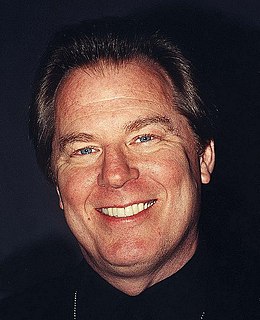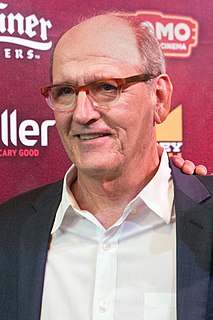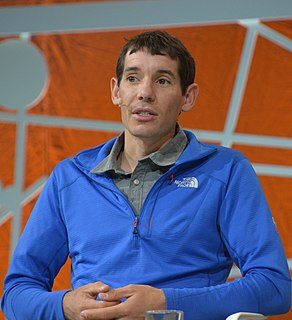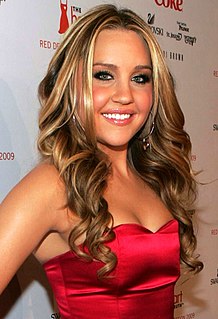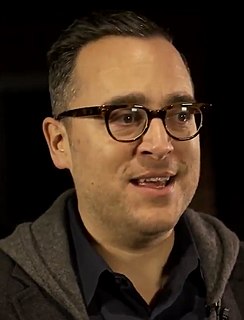A Quote by Stephen Daldry
I'm not really a director for hire. You read these scripts and go, 'This is a really great script, but Paul Greengrass would make this so much better than me.' I usually say, 'I know who would be good for this. It's not me.
Related Quotes
It's true that I don't think I'd be a good director. If I were a director, I'd try to hire the best people I could and then leave them alone. I don't know much about cameras or lighting, so I'd make sure that I had a really good cameraman who understood lenses and lighting, and I say to him, "This is the scene we have to shoot and this is what I think it should be, you go do it." Same with actors. But really, very good directors who know everything do basically the same thing. They hire you and then they leave you alone.
For me, I wish I loved every script that I read. Sometimes I'm more picky and choosy than I really should be because you would get more jobs as an actor! But you don't know what it is. Sometimes you read something and it could be a big part or a small part. It could be one scene and I'll read it and say: "Wow, I really like that and I really want to do that.".
If I'm a director and I read a script and I say yeah I really want to do this, I would never walk away because the deal wasn't very good - that I wasn't getting paid very much or that the chances that I would see anything on the back end were remote because of the financial waterfall and the way it's structured. I would never use that as a reason not to do something.
The thing with physical preparation is I have tons of friends who train at a really high level and who can give me advice. But with mental training, I don't really know anybody who has a much better mind for climbing, I guess, so I don't really know where I would go. It's not really a limiting factor for me.
Actors can write and produce too. Then when I was working on Jason Bourne - having had that experience - instead of going back to my trailer and being separate from everyone else, I would sit behind the monitor and watch Paul Greengrass work and be much more included in the process. That was new for me and really enriching.
I worked with the late Leonard Frey. I did a play, and I would have these ideas and he would say, "I don't know. Try it." And I would try it and it would be awful, and he would go, "What do you think?" And I would go, "It was awful." And he goes, "Okay, we'll try something else." And that's great because it really makes you feel less working-for and more working-with. There's nothing better than to feel a part of the team.
If I hadn't had my children, I would have been discouraged a lot quicker. It would have been much more easy for me to say, "You know what, let the whole thing go. Have a good time, because these people, this place - it's just not worth it." You know? I can't do that anymore. I look into those eyes and they look at me so trustingly that I'm gonna make sure that [they're thinking], "Hey, you did a good thing bringing me into the world, daddy. I'm going to have a great life!"
Before my commercial career, I never played for more than an audience of 99 seats somewhere in downtown New York, but occasionally someone would recognize me in the subway and say, "Oh, I saw you in that play, you were really great in that," or "the director was really something." It becomes a conversation. When people spot me on the street from my work in commercials, there's nowhere for the conversation to go. Obviously I'm an actor and I can't.


